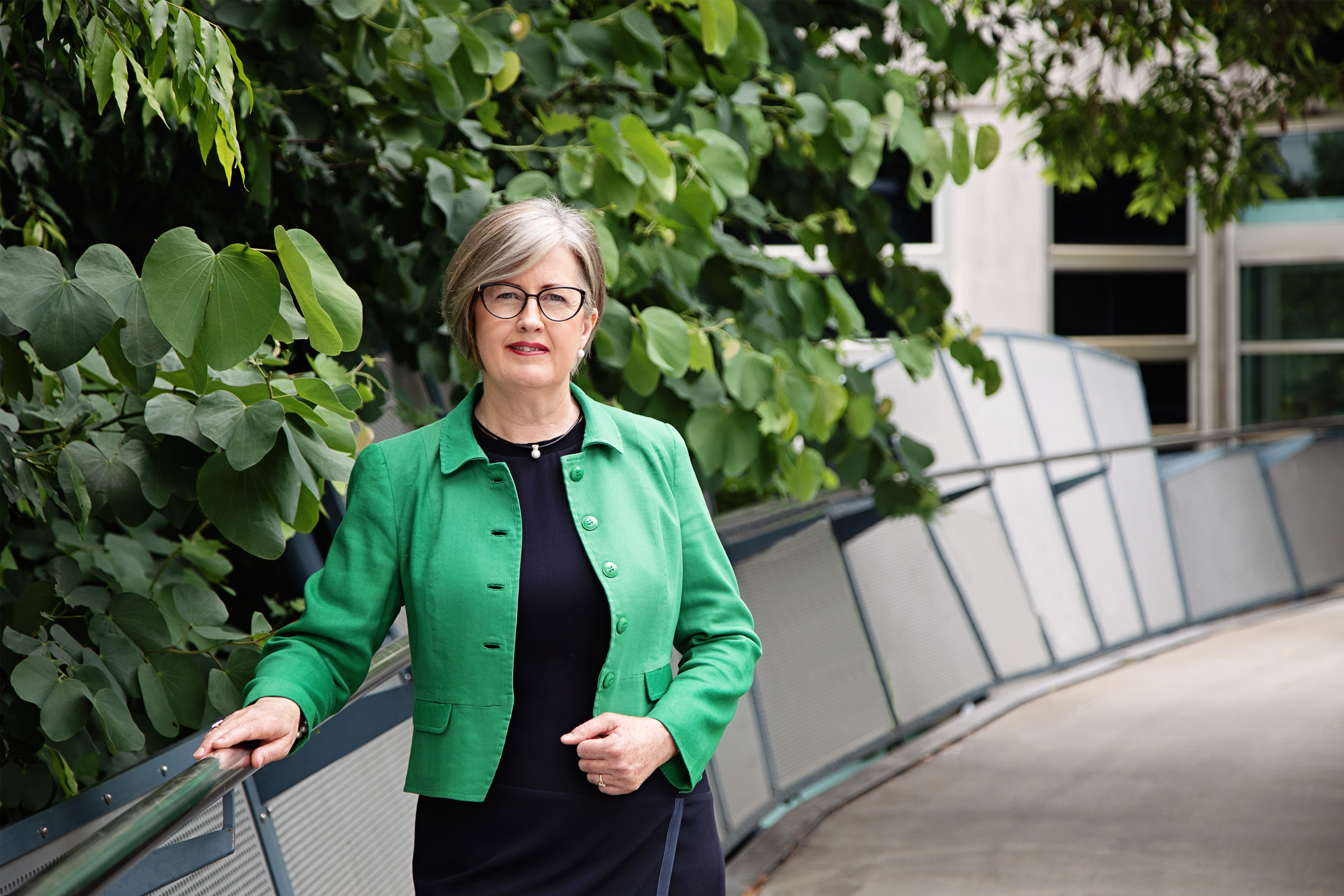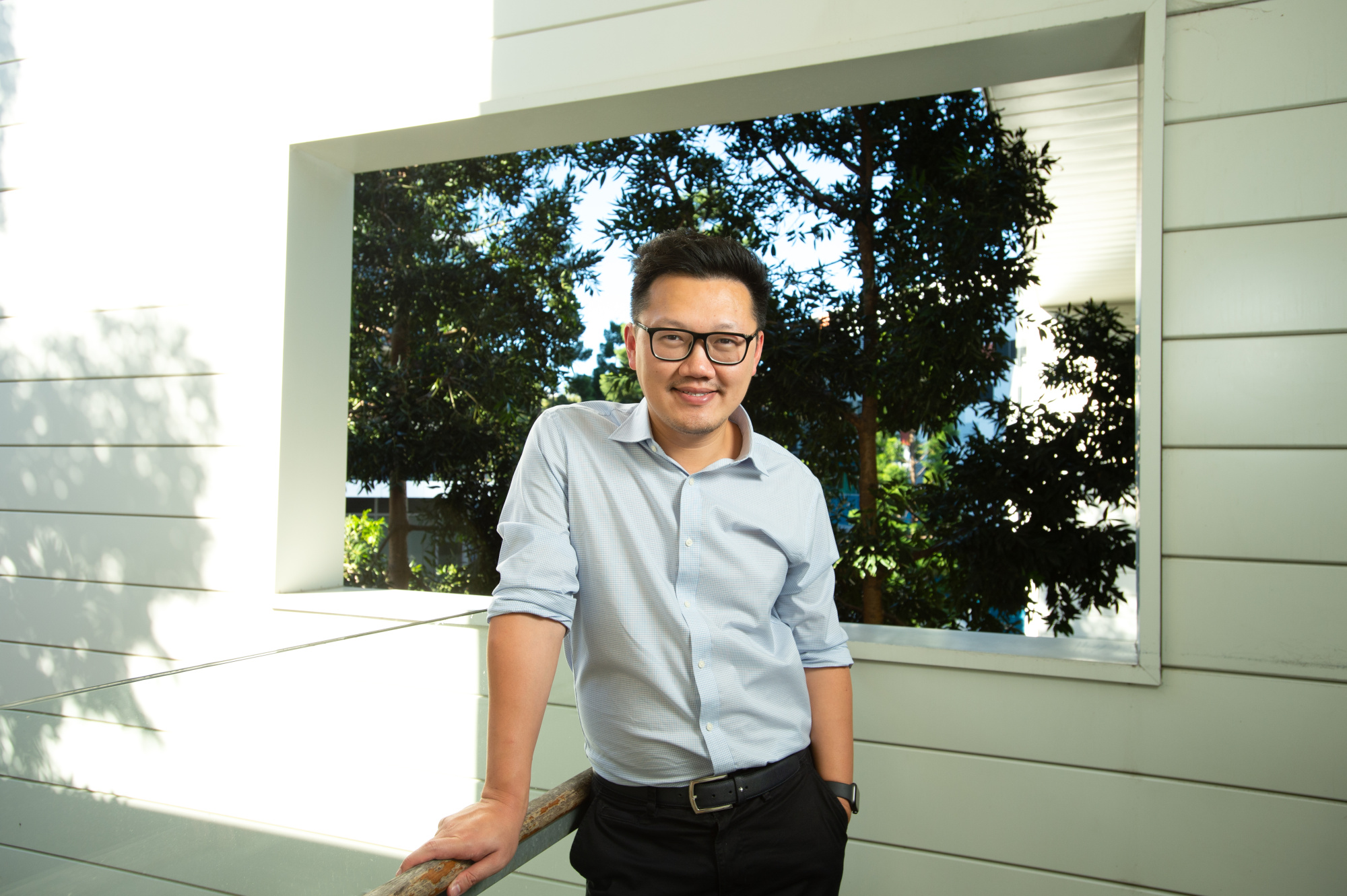QUT cancer and palliative care researchers, Professor Jane Phillips and Professor Ray Chan are among only 20 nurse researchers worldwide to be inducted into the Sigma International Nurse Researcher Hall of Fame his year.
Sigma has an international membership of over 135,000 nurse leaders. It inducted nurse researchers from Australia, Canada, Taiwan, the United Kingdom, and the United States into its hall of fame during its 32nd International Conference, Singapore, 21-23 July 2021.
Late to academe, Professor Phillips—who joined QUT as Head of Nursing this year—received her PhD in 2008 but has since secured more than AUD$42.6 million for palliative care research leading to clinical outcomes and policy reform, including withdrawal of the UK's End-of-Life Care Pathway, condemned for its lack of evidence base.

"My goal is to reduce the disparity in health care outcomes for underserved people—those with worse health outcomes including people in prison, Aboriginal and Torres Strait Island people, homeless people and rural Australians," Professor Phillips said.
"I grew up in rural Australia and witnessed huge disparities in health care especially in underserved communities in the late 80s while caring for people dying at home and in the Northern Territory in the early days of HIV. Observing those inequities strengthened my deep commitment to diversity and equity."
Professor Phillips leads the $1.2 million National Palliative Care Project to improve access to high quality palliative care and end-of-life care for people in prisons.
"Correctional facilities were built for a young fit population, not aging and unwell men and women," Professor Phillips said.
"Older people make up about 13% of the Australian prisoner population and Indigenous people are disproportionately overrepresented.
"More than 5000 of those are aged over 50 years and between 2000 -10 there was an 84 per cent increase in people aged over 65 years in prison.
"Our research not only concentrates on palliative care for people at the end of life in prison, but the complex bereavement issues associated with the numerous losses people within prison experience including the death of a peer in prison or of a family member on the outside."

Professor Chan—a research leader with the QUT Cancer and Palliative Care Outcomes Centre—is also well-known for his work to enact system-wide healthcare changes.
He aims to improve outcomes for cancer survivors—people living with cancer after diagnosis and throughout treatment, particularly the largest groups comprising people living with breast, prostate or lymphoma cancer.
"I realised early in my career as a registered nurse that I could choose to help one patient at a time or to change our healthcare system to help more people," Professor Chan said.
"In Australia, more than 1.1 million people are living with cancer. They struggle with the adverse physical and psychosocial effects of their cancer or treatment, which sometimes can last as long as these patients continue to live.
"So, I have an agenda to try to change care and improve the health of cancer survivors."
Professor Chan holds a Professorial Chair in Cancer Nursing, a joint appointment between Queensland's Metro South Health and QUT, has attracted more than $20M in grants for supportive cancer care research, and has published more than 140 peer-reviewed articles.
Sigma President Richard Ricciardi, PhD, CRNP, FAANP, FAAN said each inductee into the hall of fame was extraordinary.
"These extraordinary nurse researchers embody the broad spectrum of nursing's impact on global healthcare; their research encompasses the areas of diversity, equity and inclusion, environmental health, reproductive health, and workforce stability," Professor Ricciardi said.
This year marks the 12th presentation of the hall of fame honour. The 2021 inductees will join 218 previously inducted nurse researchers who have achieved significant and sustained national or international recognition and whose research has improved the profession of nursing and the people it serves.






